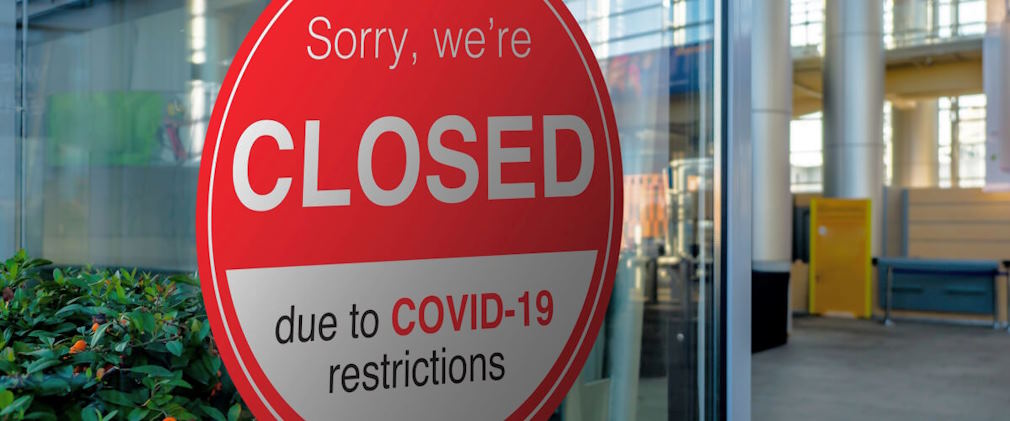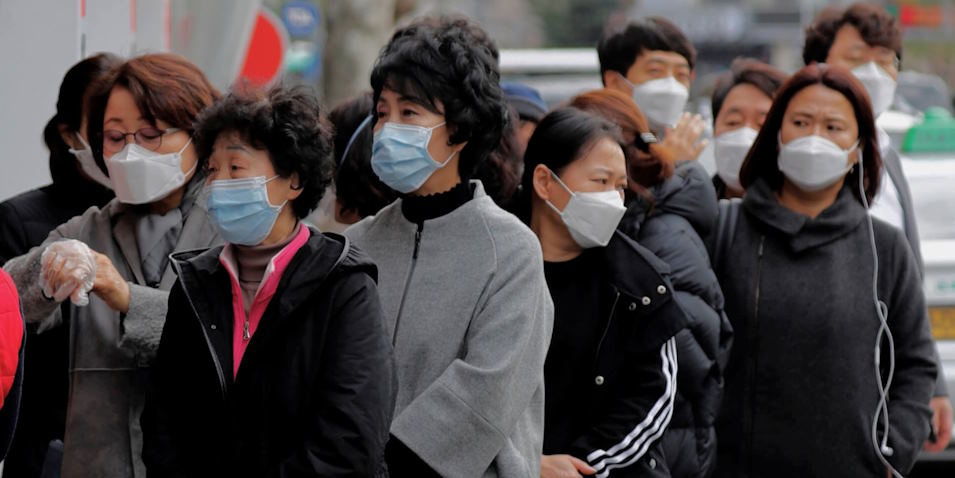The COVID-19 pandemic has left an indelible mark on the global landscape, reshaping every facet of our lives, including the way we earn, spend, and manage our finances. As the world grappled with the health crisis, the ripple effects of the pandemic were felt acutely in the realm of personal economics. The economic upheaval caused by COVID-19 transcended borders, affecting individuals and households in ways that were unimaginable just a short time ago.
What groups of people suffered the most?
The COVID-19 pandemic disproportionately affected certain groups economically. Vulnerable populations, including low-income individuals and families, small business owners, service industry workers, gig workers, and minorities, bore the brunt of economic suffering. Women, younger workers, and older adults faced income disruptions, while individuals burdened by existing debt experienced added financial stress. Those in highly affected industries, renters, and rural residents also grappled with economic challenges.
The pandemic exposed and exacerbated existing inequalities, emphasizing the necessity of targeted support and policy measures to address these disparities.
In what way has Covid-19 influenced people’s economic conditions?
The COVID-19 pandemic has profoundly influenced people’s economic conditions worldwide. Here are several ways in which the pandemic has impacted individuals and households:
Widespread Job Losses and Income Disruption
The pandemic triggered an unprecedented wave of job losses and income disruption. Lockdowns and restrictions forced many businesses to close or reduce their operations, resulting in layoffs and furloughs on a massive scale. Individuals across various industries suddenly found themselves without work or significantly reduced hours. This loss of employment not only led to financial strain but also caused emotional stress and uncertainty about the future.

Small Businesses and Entrepreneurship
Small businesses, often the lifeblood of communities, faced immense challenges. Many were forced to shut their doors temporarily or permanently due to reduced customer demand and lockdown measures. Entrepreneurs and startups had to adapt rapidly to changing market conditions and navigate disruptions in supply chains, making it a trying time for business owners and innovators.
Remote Work and Disparities
Remote work emerged as a critical solution for maintaining business operations while minimizing health risks. However, remote work was not accessible to everyone, creating disparities. Knowledge workers in the technology and finance sectors were likely to work remotely. At the same time, those in essential services, manufacturing, and hospitality faced more difficulties and greater exposure to health risks.
Housing and Evictions
The economic fallout from the pandemic raised concerns about housing security. Many struggled to pay rent or mortgages as job losses and income reductions persisted. To prevent homelessness, governments in many regions implemented rent relief programs.
Impact on Savings and Financial Well-being
COVID-19 reshaped savings behaviors. While some saved more due to reduced spending on travel and entertainment, others faced unexpected financial burdens. Financial well-being became a critical focus, prompting individuals to reassess their spending habits and prioritize saving for emergencies.








